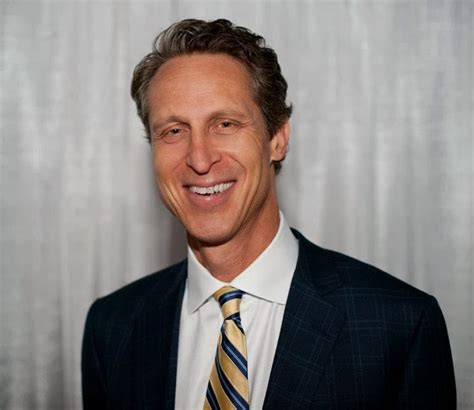A Quote by Warren Farrell
I found that women entrepreneurs earn 50% less than their male counterparts.
Quote Topics
Related Quotes
There are a lot of subtle things that are harder to stamp out of a culture in terms of male entrepreneurs being mentored more than female entrepreneurs... male entrepreneurs getting several strikes against them before they're kind of let go, whereas female entrepreneurs, it's kind of one strike and you're out.
Here's the pay paradox that Why Men Earn More explains: Men earn more money, therefore men have more power; and men earn more money, therefore men have less power (earning more money as an obligation, not an option). The opposite is true for women: Women earn less money, therefore women have less power; and women earn less money, therefore women have more power (the option to raise children, or to not take a hazardous job).



































